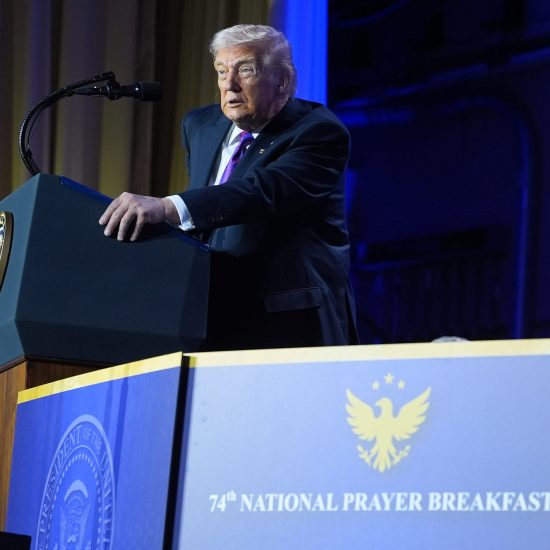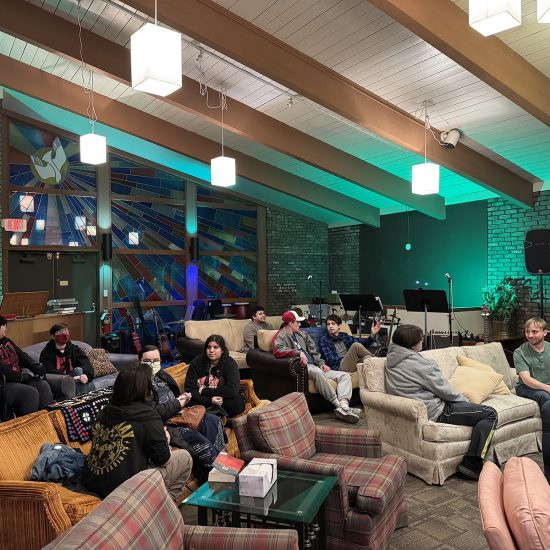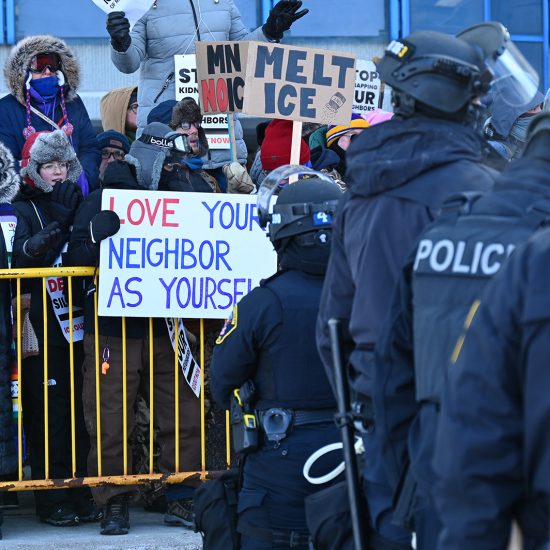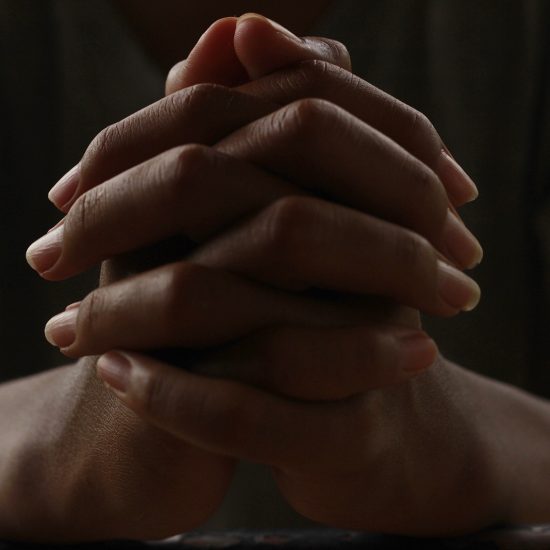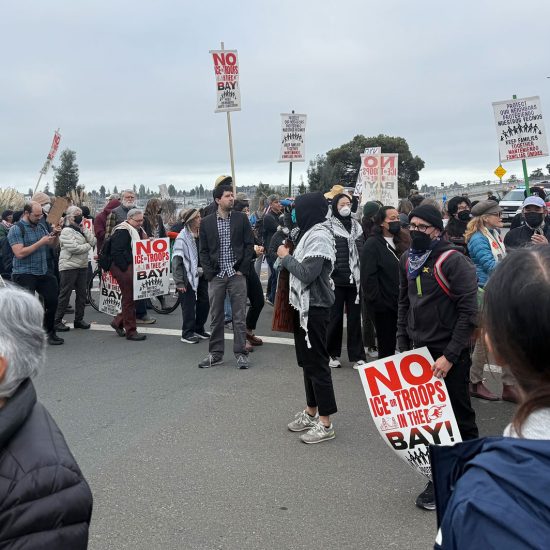
(RNS) — Religious churn has been a key fixture of U.S. religion for a long time, but a new survey of changes in American religion finds that motion is not so much a swirling but a one-way stream heading out.

(Photo by Aaron Burden/Unsplash/Creative Commons)
A new PRRI survey shows that religiously unaffiliated Americans are the only group that has seen steady growth over the past decade — from 21% of all Americans in 2013 to 26% in 2023.
These unaffiliated Americans — many of whom abandoned their childhood faith — are not looking for a spiritual home. Only 9% of people in this group said they were “looking for a religion that’s right for me.” Most may be unaffiliated for life. Only 3% of Americans who grew up without a religious identity said they joined a religion.
Even those who remain religious — the vast majority of Americans, about 67% of whom are Christian — say religion is less important in their lives.
Only 53% of Americans say religion is the most important or one among many important things in their lives in 2023, notably lower than in 2013 when 72% of Americans reported that religion was the most important or one among many important things in their life.
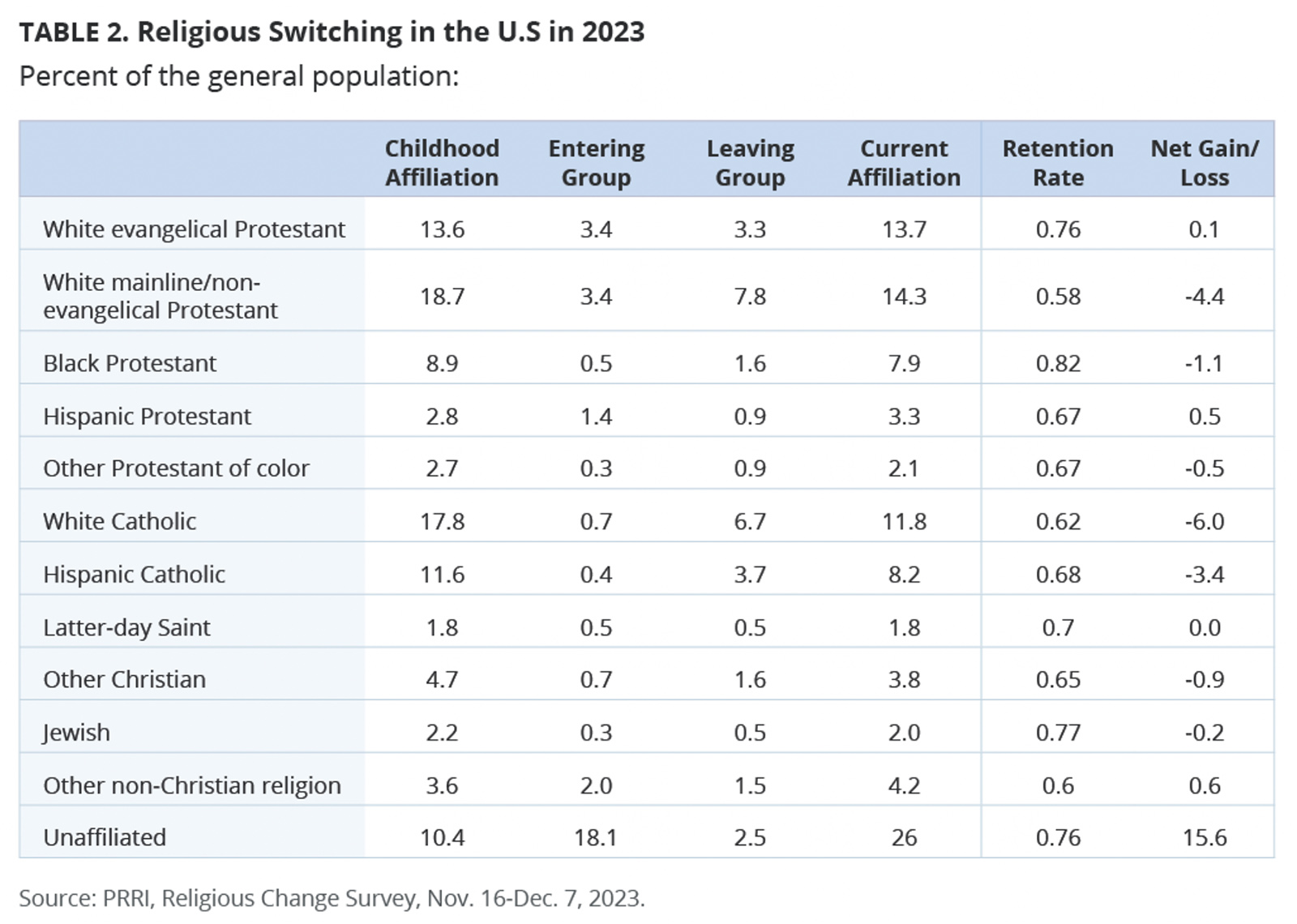
“Religious Switching in the U.S. in 2023” (Graphic courtesy of PRRI)
“The level of religiosity among Americans, even among people that identify with the religious tradition, has really dropped pretty precipitously in the past decade,” said Melissa Deckman, PRRI’s CEO. “A quarter of Americans say religion isn’t important at all in their lives. Another 19% say it’s not really that important, maybe has a little bit of importance.”
The survey was administered to 5,600 adults across the U.S. in November and December last year. Those results were compared with studies PRRI did in 2016 and 2013.
The Catholic Church saw the largest decline in religious affiliation of any religious group in 2023. Some 30% of Americans said they grew up as Catholics (18% white Catholics and 12% Hispanic Catholics). But only 20% continue to identify that way today (12% white Catholics and 8% Hispanic Catholics.) A 2016 survey showed similar losses for Catholics.
The Rev. Tom Gaunt, executive director of the Center for Applied Research in the Apostolate at Georgetown University, took issue with the study’s groupings of religions. He said it was unfair to compare general categories for white evangelicals, for example, (a mashup that might include high-church Anglicans alongside Southern Baptists) and compare those to Catholics. Each one of the denominations in the big general category may have lower retention rates than Catholics. Plus it doesn’t capture switching from one denomination to the next.
He also said the survey doesn’t reflect “reverts” — those who left the church as teens but returned later in life when they had children. In the Catholic Church no one would require those returning Catholics to recommit to the faith.
“The presentation of the data is unclear,” Gaunt said.
According to the data, white mainline Protestants also lost more members than they replaced, about 4%. Black Protestants and white evangelical Protestants had the best retention rates — 76% of those reared as white evangelical Protestants in childhood remained so; and 82% of Black Protestants.
Among those who left the religious identity they grew up with, 67% said they stopped believing their faith’s teachings, up 7 percentage points over 2016. But the biggest change came among those who said they quit their religious upbringing because of its treatment or teachings of LGBTQ people.
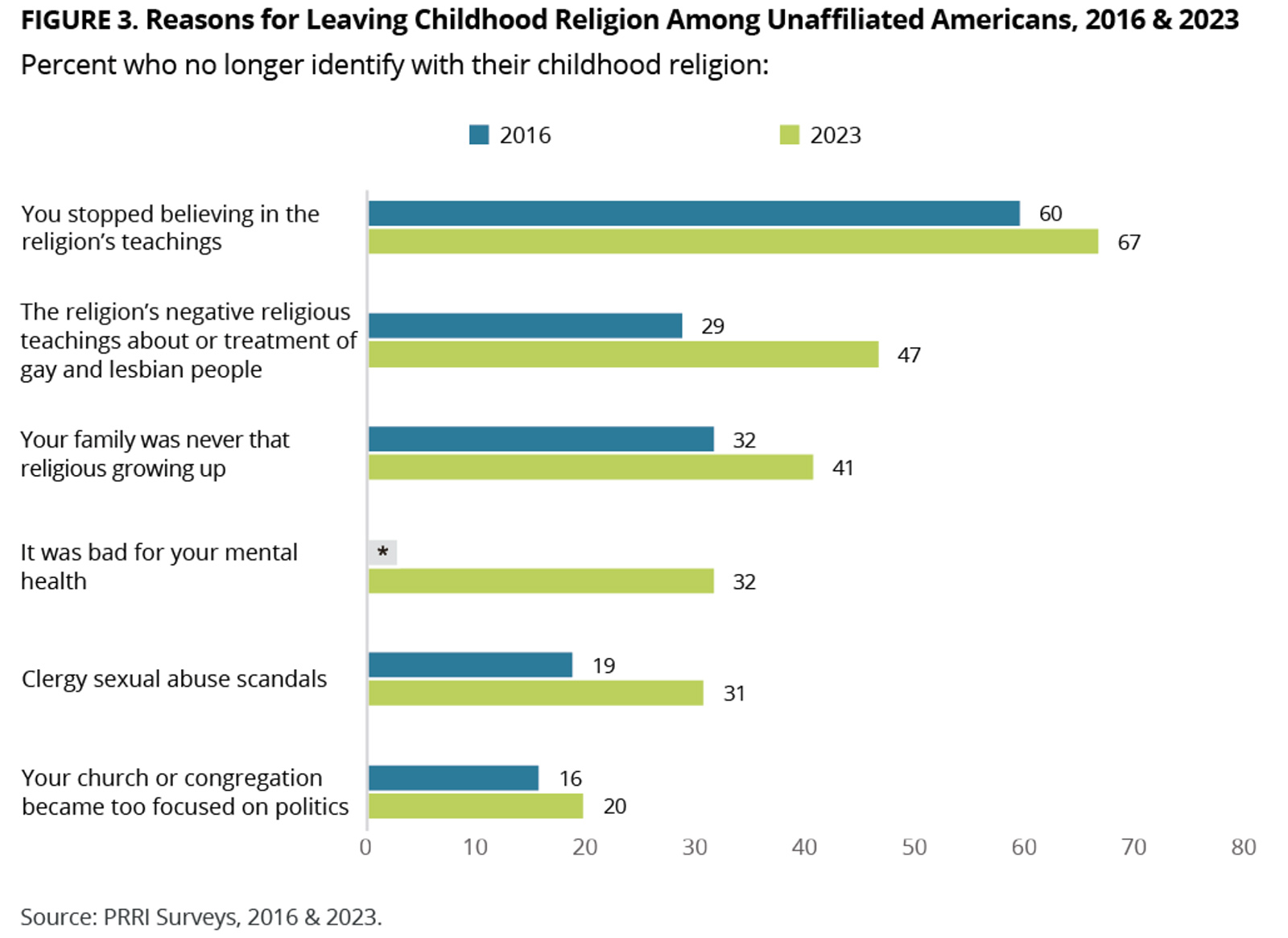
“Reasons for Leaving Childhood Religion Among Unaffiliated Americans, 2016 & 2023” (Graphic courtesy of PRRI)
In 2016, 29% cited negative teachings about LGBTQ Christians as a reason they quit their religious affiliation. In 2023, 47% said that was a reason they quit.
The younger the unaffiliated were, the more they cited LGBTQ teachings as a reason for leaving. Sixty percent of unaffiliated adults aged 30 or under cited LGBTQ teachings as a reason for quitting, compared with 51% of unaffiliated in the 30-49 age group and 37% of unaffiliated in the 50-64 age group.
Nearly half of LGBTQ unaffiliated respondents (48%) said they no longer identify with their childhood faith because it was bad for their mental health.
“I think treatment of LGBTQ Americans, clearly for younger people, is an issue that is driving them to leave religion altogether,” Deckman said.
Unaffiliated respondents also cited the clergy sexual abuse crisis as a reason for leaving church. Overall, 31% of Americans cited clergy sexual abuse, but among former Catholics who no longer identify with their childhood religion, 45% cited the clergy sexual abuse crisis.
About 65% of unaffiliated Americans are white. They are more likely to identify as Democrats and independents. Unaffiliated Americans are twice as likely to identify as LGBTQ, 19% vs. 9%.
The findings confirm a 2020 study in the Journal for the Scientific Study of Religion that found same-sex attraction, behavior, and queer identity strongly associated with a decision to step away from organized religion, attend church less frequently or stop going altogether.
The PRRI study had a plus or minus margin of error of 1.7 percentage points.

